September 9, 2024 | 09:50 GMT +7
September 9, 2024 | 09:50 GMT +7
Hotline: 0913.378.918
September 9, 2024 | 09:50 GMT +7
Hotline: 0913.378.918
The annual State of Food Security and Nutrition in the World report said around 733 million people faced hunger in 2023 - one in 11 people globally and one in five in Africa - as conflict, climate change and economic crises take their toll.
David Laborde, director of the division within the UN Food and Agriculture Organization (FAO) which helps prepare the survey, said that although progress had been made in some regions, the situation had deteriorated at a global level.
"We are in a worse situation today than nine years ago when we launched this goal to eradicate hunger by 2030," he told Reuters, saying challenges such as climate change and regional wars had grown more severe than envisaged even a decade ago.
If current trends continue, about 582 million people will be chronically undernourished at the end of the decade, half of them in Africa, the report warned.
A broader objective to ensure regular access to adequate food has also stalled over the past three years, with 29 per cent of the global population, or 2.33 billion people, experiencing moderate or severe food insecurity in 2023.
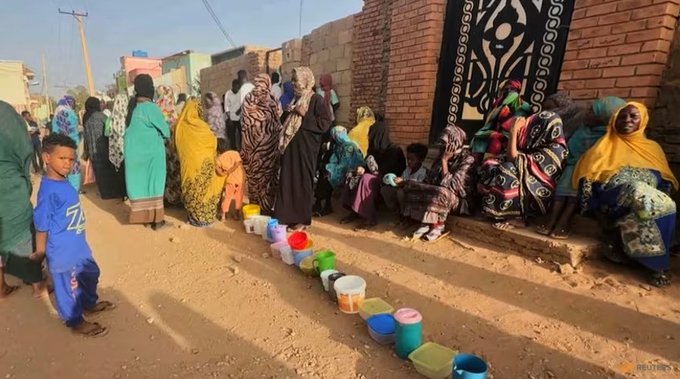
Residents wait to collect food in containers from a soup kitchen in Omdurman, Sudan, on Mar 11, 2024.
Underscoring stark inequalities, some 71.5 per cent of people in low-income countries could not afford a healthy diet last year, against 6.3 per cent in high-income countries.
While famines are easy to spot, poor nutrition is more insidious but can nonetheless scar people for life, stunting both the physical and mental development of babies and children, and leaving adults more vulnerable to infections and illnesses.
Laborde said international aid linked to food security and nutrition amounted to US$76 billion a year, or 0.07 per cent of the world's total annual economic output.
"I think we can do better to deliver this promise about living on a planet where no one is hungry," he said.
Regional trends varied significantly, with hunger continuing to rise in Africa, where growing populations, myriad wars and climate upheaval weighed heavily. By contrast, Asia has seen little change and Latin America has improved.
"South America has very developed social protection programmes that allows them to target interventions so they can effectively move out of hunger in a very fast way," said FAO's chief economist Maximo Torero.
"In the case of Africa, we have not observed that."
The United Nations said the way the anti-hunger drive was financed had to change, with greater flexibility needed to ensure the countries most in need got help.
"We need to change how we do things to be better coordinated, to accept that not everyone should try to do everything but really be much more focused on what we are doing and where," said Laborde.
The report is compiled by the Rome-based FAO, the UN's International Fund for Agricultural Development, its Children's Fund (UNICEF), the World Health Organization and World Food Programme.
(Reuters)

(VAN) In a saddening turn of events, carbon marketplace Nori has announced that it is officially shutting down.
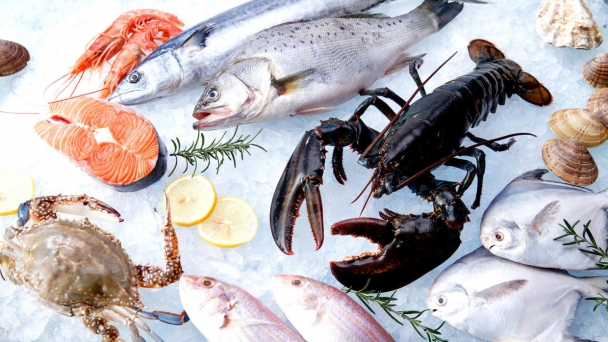
(VAN) Seafood is tasty and packed with nutrients. That's why it's often recommended as part of a healthy eating plan.
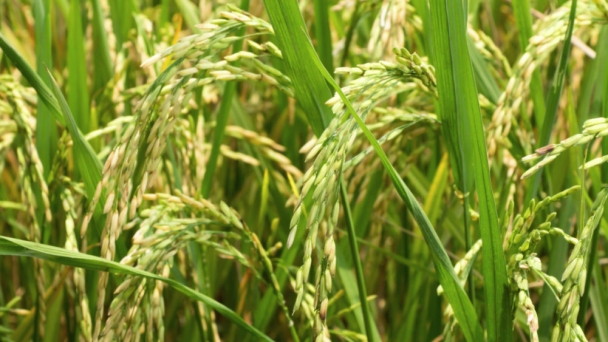
(VAN) 'As a result, rice consumption is expected to decrease, while wheat consumption is likely to increase, as coarse wheat flour (aata) remains a cheaper alternative to rice,' the FAS said.
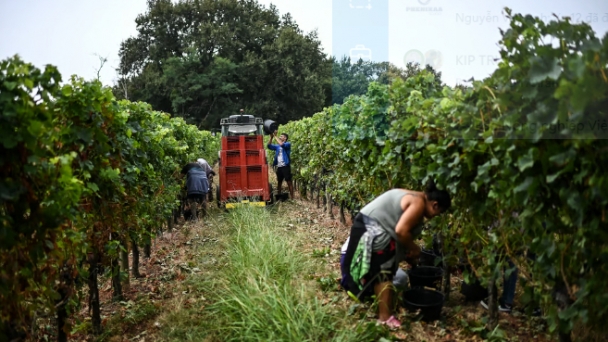
(VAN) Five things you need to know about a report on the future of farming presented to Commission chief von der Leyen.

(VAN) The outlook on the US soybean supply situation recently came into better focus with the US Department of Agriculture (USDA) projecting record-high soybean production and yield for this year’s domestic crop.
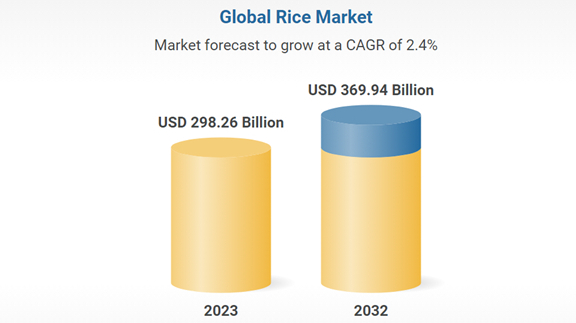
(VAN) The 'Global rice market report by Type, Product Type, Distribution Channel, Application, Grain Size, Countries and Company Analysis, 2024-2032' report has been added to ResearchAndMarkets.com's offering.
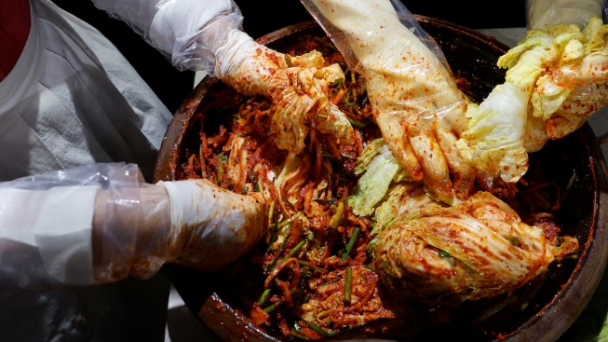
(VAN) Data from the government statistics agency shows the area of highland cabbage farmed last year was less than half of what it was 20 years ago: 3,995 hectares compared to 8,796 hectares.